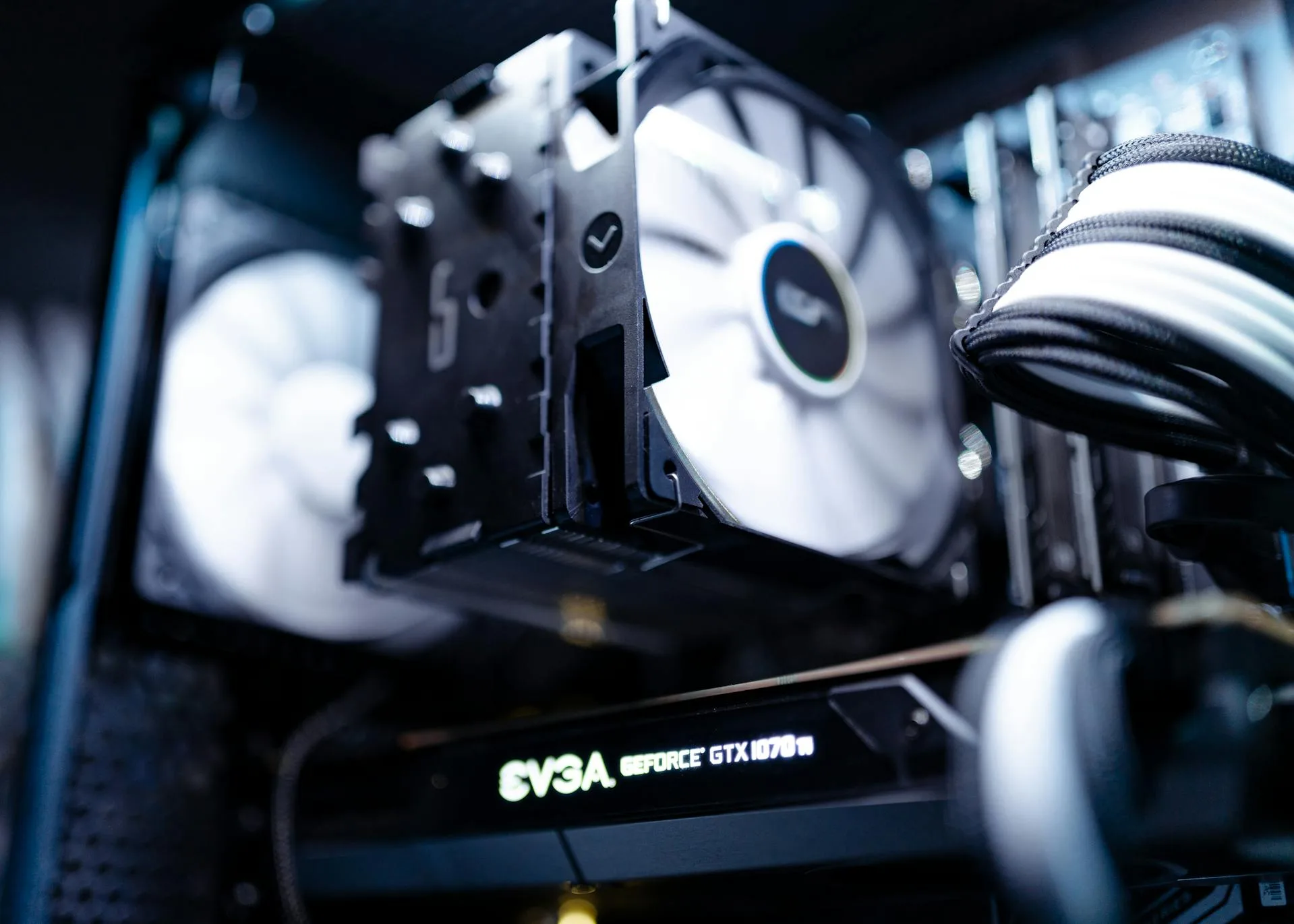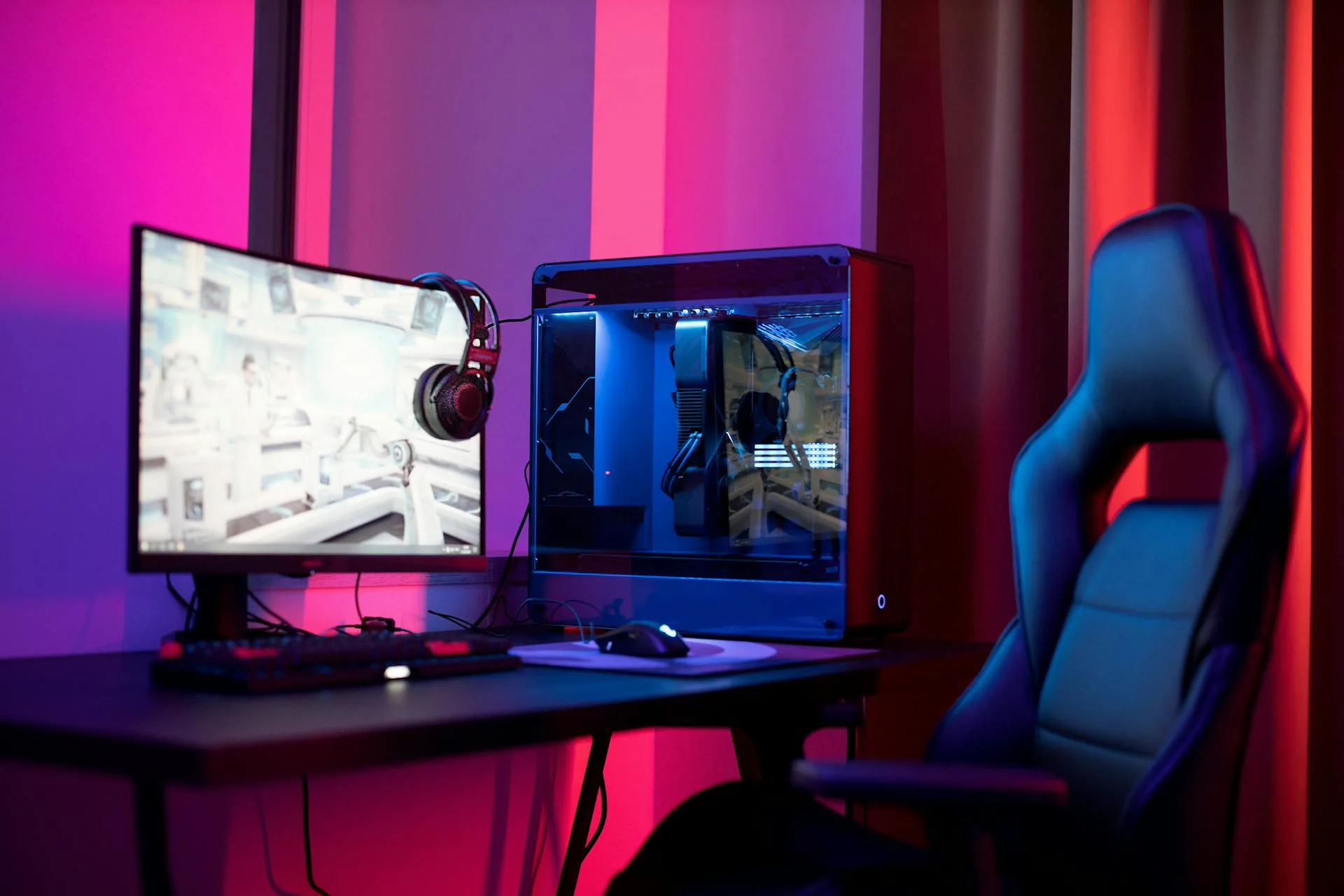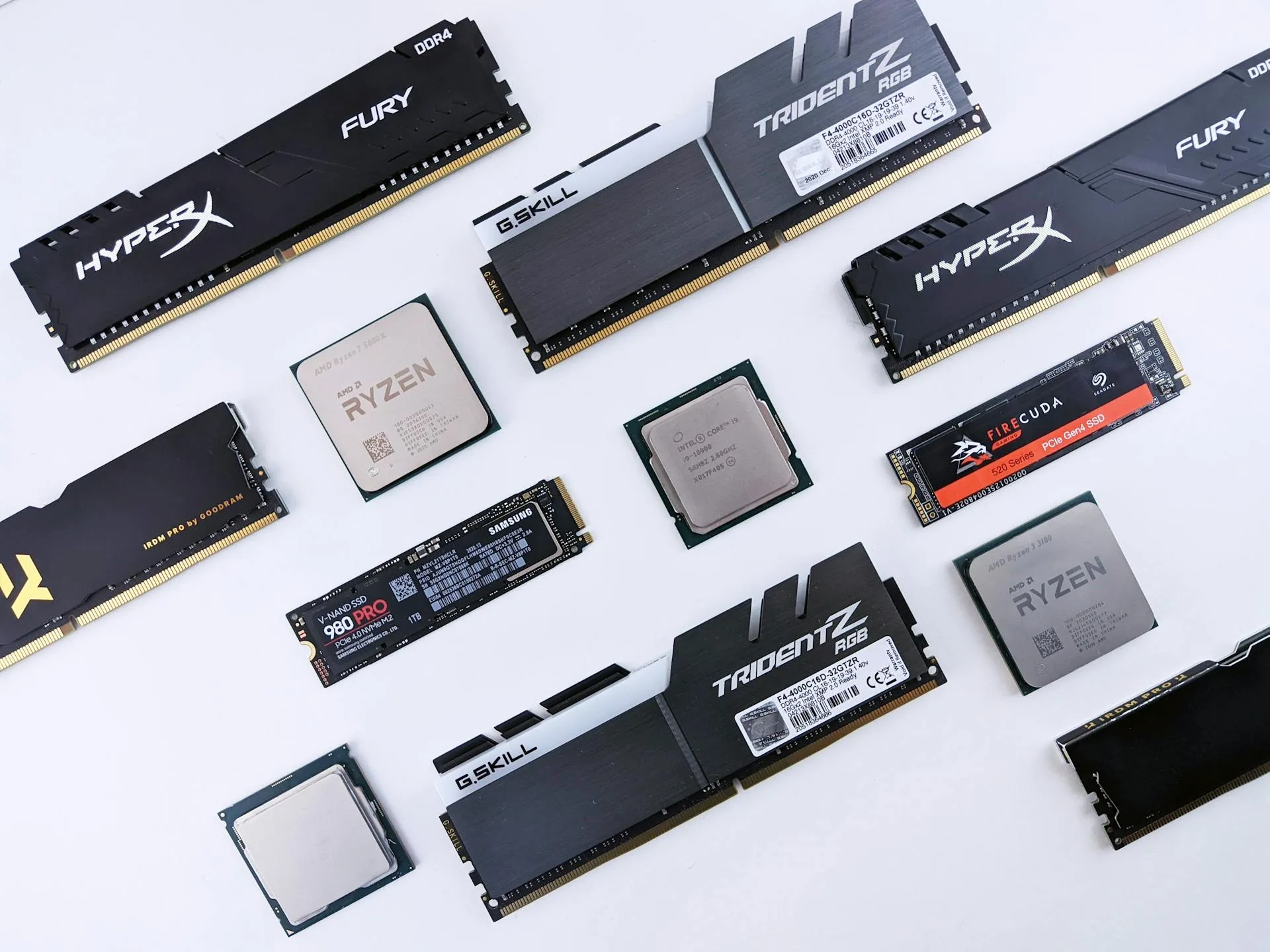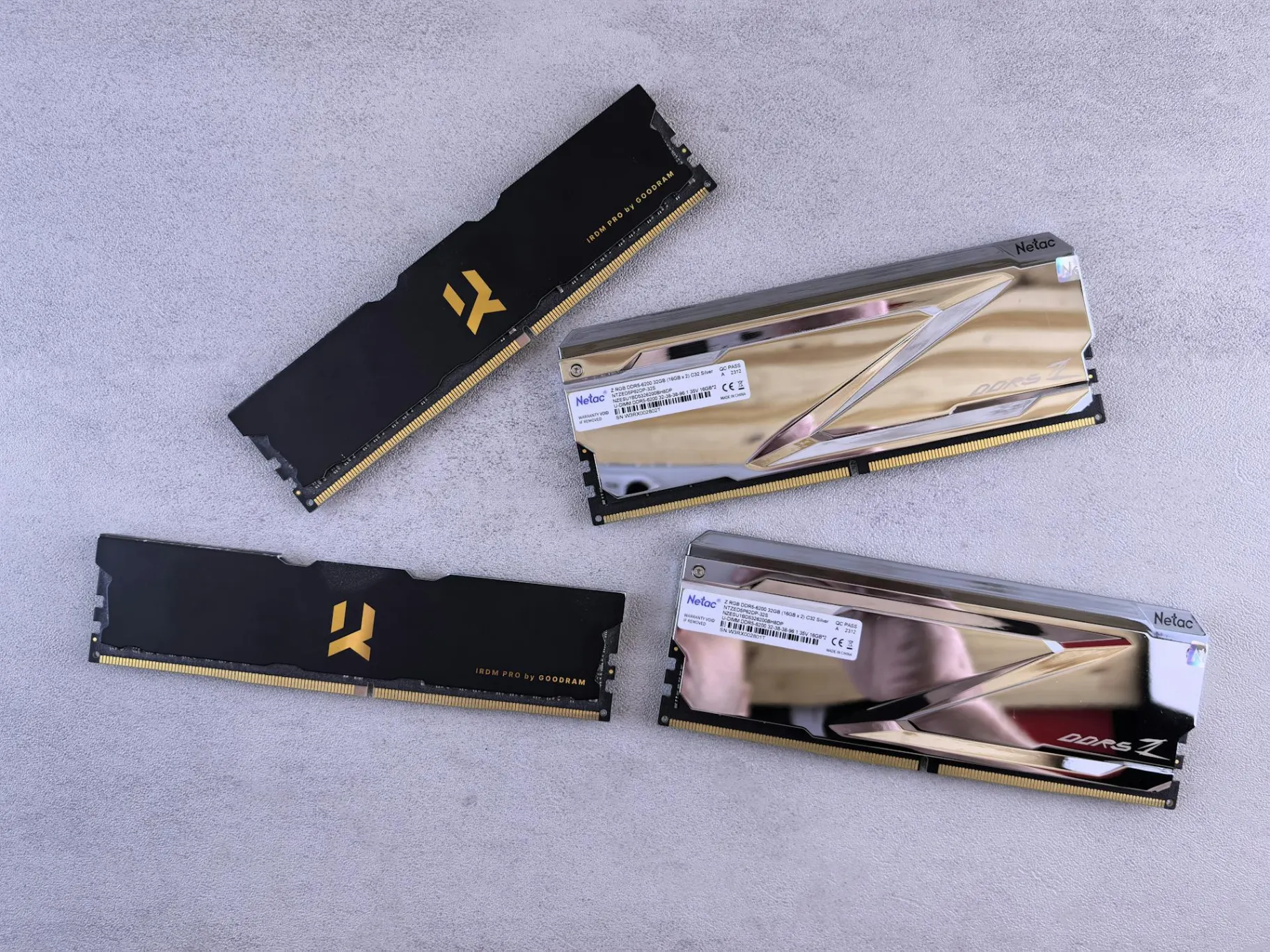Top Upgrades for Your PC in 2025: Efficiency Meets Performance

Explore the essential components to upgrade your PC in 2025 for enhanced performance. This guide covers the most impactful upgrades.
Building a high-performing PC requires thoughtful upgrades. In 2025, certain components will significantly affect your overall system performance. This guide examines the most impactful upgrades for your PC to enhance speed, efficiency, and the overall computing experience.
Upgrade Your GPU
Upgrading your GPU can yield noticeable improvements in gaming and video editing. For instance, transitioning from an NVIDIA GeForce GTX 1660 to an RTX 3060 could enhance frame rates from 60 FPS to around 120 FPS in demanding titles. This upgrade provides real-time ray tracing support and better performance in 4K gaming, accommodating resolutions up to 3840 x 2160. Expect to invest approximately $300 to $400 for a solid upgrade.
Consider a CPU Upgrade
For general computing tasks and gaming, the CPU plays a critical role in performance. Upgrading from an AMD Ryzen 5 3600 to a Ryzen 7 5800X can boost performance significantly. The 5800X operates at a base clock of 3.8 GHz with a boost clock up to 4.7 GHz, providing improved multi-threaded performance and efficiency. This upgrade typically costs around $300, but users can see a marked improvement in productivity and system responsiveness.
Increase Your RAM
Many users underutilize RAM, impacting their system’s ability to run multiple applications. Upgrading from 16GB of RAM to 32GB can enhance multitasking capabilities, especially for gaming and content creation. Modern games often require 16GB for smooth performance, so moving to 32GB can future-proof your system. Expect to spend around $100 to $150 for a good quality 32GB kit, providing ample capacity for any task.
Upgrade to an NVMe SSD
Switching from a SATA SSD to an NVMe SSD can drastically decrease load times. A Samsung 970 EVO NVMe SSD can reduce boot times to as low as 10 seconds and application load times by up to 50%. This is crucial for gamers and those using large software packages like Adobe Creative Suite. Prices for NVMe SSDs range from $60 to $150, depending on storage capacity.
Optimize Cooling Solutions
Thermal management is essential, especially after upgrading components. Incorporating quality cooling solutions like the Noctua NH-U12S can help maintain optimal CPU temperatures under load, operating around 70-75°C during stress testing. This cooler, costing about $60, improves the lifespan of your components and ensures consistent performance. Consider also adding additional case fans for improved airflow, with an estimated cost of around $30 for two.
Attention to Power Supply
Upgrading major components increases power demands. Ensure your power supply unit (PSU) meets these needs, ideally choosing one rated above 80 Plus Gold for efficiency. A 650W to 750W PSU, like the Corsair RM750x, usually retails for about $120. This investment ensures stable power delivery, essential for high-performance systems.
Monitor More Performance Juice
Upgrading peripherals can also help maximize your computer’s performance. High-refresh-rate monitors with 144 Hz or 240 Hz can significantly enhance the gaming experience, decreasing input lag and improving image smoothness. A Dell Alienware AW2521H offers a 240 Hz refresh rate for around $500, making it an excellent upgrade for serious gamers.
Conclusion
Upgrading your PC in 2025 is essential for maximizing performance and maintaining competitiveness in various tasks. Focus on the GPU, CPU, RAM, and storage upgrades to see the most significant impacts. Investing in effective cooling and power management can ensure stability and longevity for your system. Expect to allocate an investment ranging from $1,000 to $2,000 depending on the components you choose, significantly enhancing your user experience.


